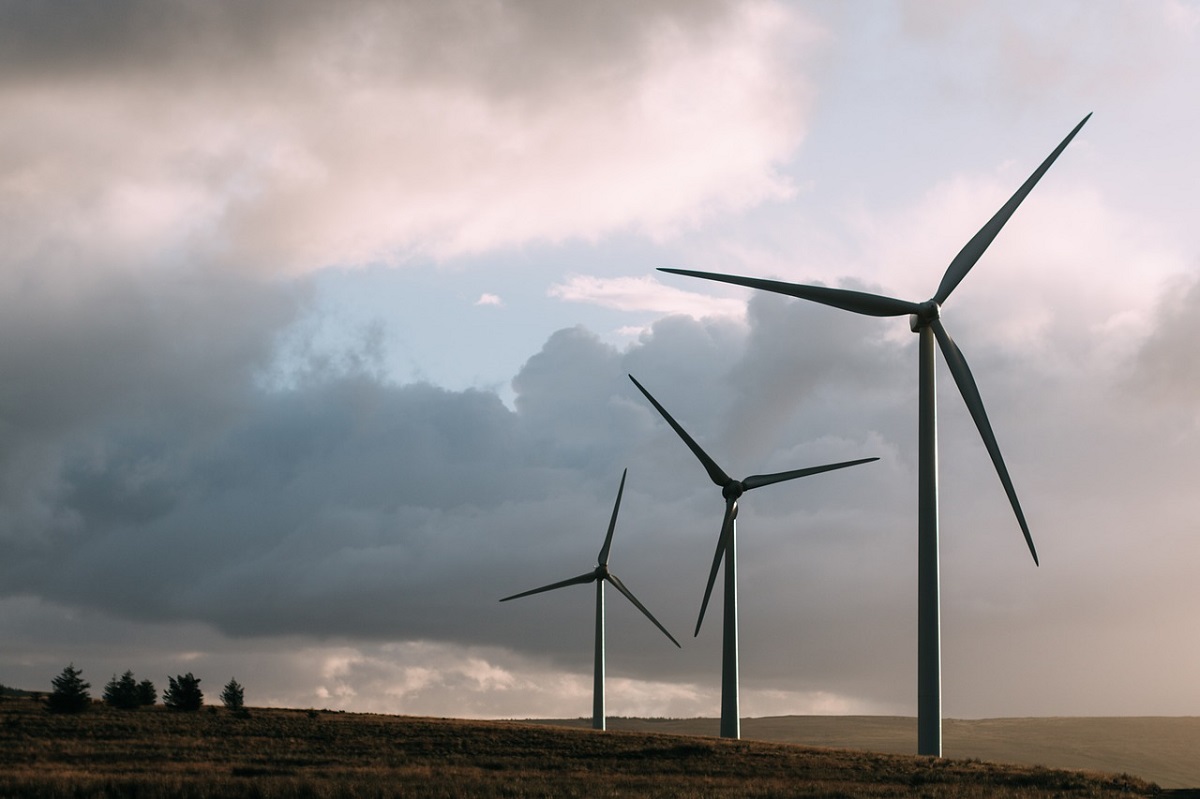Complete elimination of dependence on Russian energy in the countries of the European Union and creation of alternative opportunities, almost entirely based on renewable energy sources is the main goal of the new REPowerEU plan. According to the plan, full energy independence from Russian energy should be achieved by 2030, with the implementation of the envisaged measures.
The new REPowerEU plan is a political response to the EU, whose economy after the military conflict in Ukraine is one of the most affected, precisely through energy. A ban on energy imports from Russia is a decision that the United States can afford with less risk and damage, but for the EU it is very difficult, almost impossible, and would mean a blockade of the Union’s overall economy. Hence, Brussels is looking for alternative ways to ensure a fast and efficient energy transition that will enable greater independence. Although this is basically one of the goals of the Green Agreement, military conflict and political differences are likely to accelerate the energy transition process.
Renewable energy remains the basis of the new REPowerEU plan, the details of which will be discussed at the highest political level. The new plan, which should provide amortization for the high price of energy, has set ambitious targets. By 2030, liquefied natural gas storage facilities in the EU are projected to be at least 90% full by next winter, which would ensure a secure supply. In addition, the replacement of gas in households with electricity is envisaged. In summary, the goal is to ensure a secure gas supply, intensify investments in renewable energy sources and increase energy efficiency measures.
The energy transition that will provide greater energy mix and diversification is an ambitious project whose full realization requires energy, if not Russian gas then gas from other sources. Germany, which also imports the most Russian gas, has decided to buy 1.5m Euros worth of gas, but not from Russia, although the country has fully complied with supply agreements. Where the gas will be found for now remains an open question. But what is important in this whole situation is that even if the EU finds gas from other sources, which will certainly be difficult, the Union will be dependent on imports. The current Russian addiction will be replaced by another addiction, which may be more expensive.
Starting from the real situation on the ground, to achieve the goal of the REPowerEU plan and to continue the implementation of the EU Green Agreement, the biggest trump card remains renewable energy sources. It is planned to increase solar power plants, wind farms and heat pumps, which should reach 10 million installations by 2027. According to estimates, 1 terawatt of solar energy can be achieved by 2030.
Greater use of green hydrogen and liquefied natural gas from Azerbaijan should help for a more successful and smooth energy transition. At the same time, work must be done on simplifying the regulation in the EU countries for investments in solar and wind energy. Creating simple regulation will not only contribute to a faster energy transition, but will also create conditions for attracting foreign direct investment in this sector in the EU. In some countries in the Union, the regulation for investing in new green field investments in solar and wind energy lasts for several years. In Italy, for example, this procedure takes seven years. At the same time, the regulation for investments in natural gas capacities is much shorter. Some countries in the Union are working on the regulation and it is expected that this administrative obstacle for larger investments in renewable energy sources will be eliminated.
The challenge of reducing gas dependence on European households and replacing gas with electricity from renewable energy sources remains open. In the process of energy transition so far, the EU has proven that the green energy policy is implemented and changes the energy mix into reality. Just to illustrate, Germany, one of the largest economies in the Union, last year had a solid share of wind energy with 27% and solar energy with 10% in its energy mix. This is just a confirmation that despite the challenges posed by the war in Ukraine and all that preceded it, the energy transition process will remain attractive for investment, and the political will in the EU will accelerate this process.

